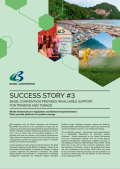
This case study focuses on the compliance with the Basel, Rotterdam and Stockholm convention in Small Island Developing States through the help of regional centres.
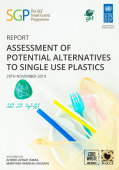
In 2011 the Maldives imposed a 400% import duty on plastics bags and made 'environmentally friendly' plastic bags duty-free. This policy change led to a significant increase in the imports of 'oxo-biodegradable' bags into the market causing even more harm to the environment than regular plastic bags.
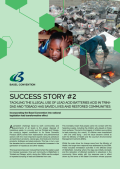
Dumping of lead-acid batteries from cars in Trinidad and Tobago has resulted in children being exposed to lead poisoning. Responding to the situation, the government enacted national legislation, as called for in the Basel Convention, to minimize their generation and ensure their environmentally sound management.
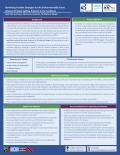
This case study provides insight into creating effective manuals for environmentally sound management of mercury waste in Small Island Developing States.

This case study reviews the potential to receive used oil in the Pacific region.
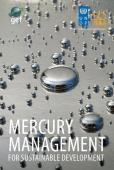
This brochure summarizes the interim results of UNDP’s work in protecting human health and the environment from mercury in support of the Minamata Convention on Mercury.
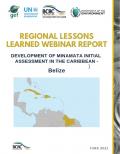
This case study summarizes lessons learned from the MIA-Belize Project and discusses regional mercury activities that address mercury management in the Caribbean.
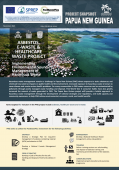
This project provides a holistic approach to hazardous waste management through the development of national strategies and regulations to help the country achieve environmental, economic, social and health benefits.
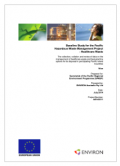
This report presents findings and offers recommendations of an assessment conducted for Niue on the management of healthcare waste and best practice options for its disposal.
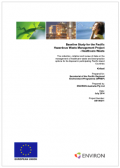
This report presents findings and offers recommendations of an assessment conducted for Kiribati on the management of healthcare waste and best practice options for its disposal.
